

Articles
Car Overheats When AC Is On
Modified: January 6, 2024
Read our informative articles on why your car may be overheating when the AC is turned on. Discover troubleshooting tips and solutions to keep your vehicle running smoothly.
(Many of the links in this article redirect to a specific reviewed product. Your purchase of these products through affiliate links helps to generate commission for Storables.com, at no extra cost. Learn more)
Introduction
When driving on a hot summer day, there’s nothing better than turning on the air conditioning in your car to keep you cool and comfortable. However, it can be quite a frustrating experience when your car starts to overheat once you switch on the AC. This sudden increase in temperature not only affects your driving experience but also puts your vehicle at risk of severe damage.
Understanding why a car overheats when the AC is on is essential for every car owner. This article will delve into the inner workings of car cooling systems and AC systems, the causes of car overheating with the AC on, the effects of overheating, prevention tips, and what to do if your car starts to overheat while the AC is running.
By gaining a better understanding of this issue, you’ll be better equipped to diagnose and address the problem, ensuring the longevity and optimal performance of your vehicle.
Key Takeaways:
- Regular maintenance, checking coolant levels, and cleaning the radiator are crucial in preventing car overheating when the AC is on. Recognizing signs of overheating and taking immediate action can save you from costly repairs and ensure a comfortable driving experience.
- If your car overheats with the AC on, stay calm, turn off the AC, and pull over safely. Let the engine cool down, check coolant levels, and inspect for leaks. Seeking professional assistance when needed can minimize damage and ensure a safe return to the road.
Read more: Car Overheats When AC Is On And Idle
How Car Cooling Systems Work
Before we delve into why a car overheats when the AC is on, it’s important to understand how the car cooling system functions. The cooling system in your car plays a crucial role in regulating the engine’s temperature and preventing it from overheating.
The primary components of a car cooling system include the radiator, water pump, thermostat, cooling fan, and coolant. When the engine heats up during operation, the coolant absorbs the excess heat and carries it away from the engine towards the radiator.
The water pump circulates the coolant throughout the engine, while the thermostat monitors the engine’s temperature and opens or closes to regulate the flow of coolant. The cooling fan aids in dissipating heat from the radiator, especially when the car is stationary or moving at a slow speed.
Overall, the car cooling system works to maintain the engine’s temperature within an optimal range, ensuring efficient operation and preventing overheating.
Understanding Car AC Systems
Now that we have a basic understanding of how the car cooling system operates, let’s explore the car AC system and its role in the overall cooling process. The AC system in your car serves the purpose of cooling down the interior cabin, providing you with comfort during hot weather conditions.
The AC system consists of several key components, including the compressor, condenser, evaporator, and expansion valve. The compressor is responsible for pressurizing and circulating the refrigerant, which is a chemical compound that absorbs and releases heat.
When you switch on the AC, the compressor starts working, pressurizing the refrigerant and sending it to the condenser. The condenser then removes the heat from the refrigerant, transforming it from a gas to a liquid state.
Next, the liquid refrigerant is sent to the evaporator, where it undergoes a phase change back to a gas. This process extracts heat from the surrounding air, making the air cooler. The AC blower then circulates this cool air into the car’s cabin.
The expansion valve regulates the flow of refrigerant between the evaporator and condenser, ensuring the system’s efficiency. The continuous circulation of the refrigerant allows the AC system to maintain a cool and comfortable temperature inside the car.
While the car AC system primarily focuses on cooling the cabin, it also plays a secondary role in cooling the engine by removing excess heat from the refrigerant. However, this additional heat load on the system can sometimes lead to issues and cause the car to overheat when the AC is running. Let’s explore these causes in more detail.
Causes of Car Overheating When AC is On
Car overheating when the AC is on can be attributed to several factors. Understanding these causes will help you diagnose and address the issue effectively. Here are some common reasons why your car may overheat when the AC is running:
- Insufficient coolant levels: Low levels of coolant in the car cooling system can lead to inadequate heat dissipation, resulting in overheating. When the AC is on, it adds an additional load to the cooling system, exacerbating the issue.
- Malfunctioning radiator: A faulty radiator can hinder the proper circulation of coolant, impairing its ability to cool the engine. This can lead to overheating, especially when the AC is running and adding more heat to the system.
- Obstructed condenser: The condenser, responsible for removing heat from the refrigerant, can become clogged or blocked by debris, dust, or insects. This reduces its efficiency and can contribute to a rise in engine temperature.
- Worn-out water pump: The water pump is responsible for circulating coolant throughout the engine. If the water pump is defective or worn-out, it may fail to effectively distribute coolant, leading to overheating.
- Electrical issues: A faulty cooling fan or a malfunctioning fan relay can impede the proper airflow through the radiator, causing overheating when the AC is on. Additionally, electrical issues can disrupt the functioning of other components like the thermostat, leading to temperature fluctuations.
- Overheating during idling: If your car tends to overheat when idling with the AC on, it could be due to a faulty idle control valve, which can impact the engine’s ability to cool itself.
It’s important to remember that these causes are not exhaustive, and there may be other underlying factors contributing to your car overheating when the AC is running. If you’re unsure about the cause, it’s advisable to consult a professional mechanic for a thorough inspection and accurate diagnosis.
Effects of Car Overheating
Car overheating can have serious consequences for both the vehicle and its occupants. It is crucial to address the issue promptly to avoid further damage. Here are some of the common effects of car overheating:
- Engine damage: The excessive heat generated during an overheating episode can cause severe damage to the engine components. Overheating can result in warped cylinder heads, blown head gaskets, and even engine seizure, requiring expensive repairs or engine replacement.
- Transmission issues: In some cases, prolonged overheating can affect the transmission system, leading to transmission fluid breakdown and potential transmission failure. This can result in erratic shifting, slipping gears, or total transmission breakdown.
- Fluid leaks: Overheating can cause the seals and gaskets in the engine and cooling system to deteriorate, leading to fluid leaks. Coolant leaks are particularly common in overheating situations, which can further exacerbate the overheating problem.
- Electrical system damage: Excessive heat can also impact the car’s electrical system. It can cause the wiring insulation to deteriorate, resulting in short circuits and electrical malfunctions. This can affect various components of the vehicle, including the AC system, cooling fan, and sensors.
- Reduced fuel efficiency: When the engine is overheating, it has to work harder to perform optimally. This increased strain can lead to reduced fuel efficiency, causing you to spend more on fuel and lowering the overall mileage of your car.
- Uncomfortable driving experience: Overheating can make driving in your car uncomfortable and even unsafe. It can lead to a lack of AC performance, causing the cabin to become hot and stuffy. This can lead to driver fatigue, loss of focus, and compromised safety on the road.
The effects of car overheating can be both costly and inconvenient. Thus, it is crucial to pay attention to any signs of overheating and take immediate action to prevent further damage to your vehicle.
Check the radiator and cooling fan for any issues. Low coolant levels or a malfunctioning fan can cause the car to overheat when the AC is on. Regular maintenance can prevent this issue.
Read more: Car Squeals When AC Is On
Tips to Prevent Car Overheating with AC On
Preventing car overheating when the AC is on is essential for maintaining the overall health and performance of your vehicle. Here are some useful tips to help you prevent car overheating and keep your engine cool, even when the AC is running:
- Regular maintenance: Regularly scheduled maintenance is crucial for ensuring the optimal functioning of your car’s cooling system. This includes regular coolant checks, coolant flushes, and inspections of the radiator, water pump, and other cooling system components. Follow the manufacturer’s recommended maintenance schedule to keep your cooling system in top shape.
- Check coolant levels: Always ensure that your coolant levels are adequate. Low coolant levels can lead to inefficient heat dissipation and increase the risk of overheating, especially when the AC is running. If you notice a decrease in coolant levels, check for leaks and replenish the coolant as necessary.
- Keep the radiator clean: Regularly clean the radiator and condenser to remove any debris, bugs, or dirt that may obstruct airflow. This helps ensure proper heat exchange and prevents the engine from overheating. Use a soft brush or a low-pressure hose to clean the fins gently.
- Monitor temperature gauge: Keep an eye on your car’s temperature gauge while driving, especially when the AC is on. If you notice the gauge approaching the red zone or the engine overheating warning light comes on, pull over to a safe location and let the engine cool down.
- Avoid idling for long periods: If possible, avoid idling your car with the AC constantly running for extended periods. This can put a strain on the cooling system, especially in hot weather conditions. Instead, consider turning off the engine when stationary or reducing the AC usage.
- Use AC in moderation: While it’s tempting to keep the AC on full blast in hot weather, using it in moderation can help alleviate the strain on the cooling system. Consider using the AC intermittently or adjusting the temperature setting to a comfortable yet moderate level.
- Keep an eye on warning signs: Be attentive to any signs of potential cooling system issues, such as coolant leaks, unusual noises, or changes in AC performance. Addressing these warning signs promptly can prevent further damage and potential overheating.
Following these tips will help maintain the efficiency and functionality of your car’s cooling system, reducing the risk of overheating when the AC is running. Remember, prevention is key to avoiding costly repairs and unexpected breakdowns.
Signs and Symptoms of Car Overheating
Recognizing the signs and symptoms of car overheating is essential for taking immediate action and preventing further damage to your vehicle. Here are some common indicators that your car may be experiencing overheating:
- Temperature gauge: Pay attention to your car’s temperature gauge. If it starts to climb into the red zone or shows a higher temperature than usual, it is a clear sign of potential overheating.
- Steam or smoke: If you notice steam or smoke coming from under the hood of your car, it is a strong indication that the engine is overheating. Pull over to a safe location and allow the engine to cool down before inspecting and addressing the issue.
- Burning smell: A burning odor, reminiscent of hot coolant or engine oil, can be a sign of overheating. If you notice this smell, it is essential to stop your car and investigate the cause.
- Reduced AC performance: When the cooling system is struggling to regulate the engine temperature, it can affect the performance of the AC system. If you notice a decrease in AC cooling efficiency, it could be an indication of overheating.
- Engine misfires or stalling: Overheating can cause engine misfires or even engine stalling. If you experience these issues while driving, it could be a sign of overheating affecting the engine’s performance.
- Coolant leaks: Keep an eye out for any signs of coolant leaks, such as puddles or stains under your car. Coolant leaks can lead to low coolant levels, compromising the cooling system’s ability to regulate temperature and potentially causing overheating.
- Unusual noises: If you hear any unusual noises coming from the engine, such as a hissing sound or loud fan noise, it may indicate an issue with the cooling system or the cooling fan.
If you notice any of these signs or symptoms of overheating, it is crucial to take immediate action to prevent further damage. Pull over to a safe location, turn off the engine, and let it cool down before inspecting the cooling system or seeking professional assistance.
Remember, addressing overheating issues promptly can save you from costly repairs and ensure the longevity and optimal performance of your vehicle.
What to Do When Your Car Overheats with AC On
Experiencing a car overheating with the AC on can be a stressful situation, but it’s important to stay calm and take the necessary steps to prevent further damage. Here’s a step-by-step guide on what to do when your car overheats with the AC running:
- Turn off the AC: Start by turning off the air conditioning. This will reduce the load on the cooling system and give it a chance to cool down.
- Turn on the heater: Switching on the heater can help transfer some of the heat away from the engine. Although this may be uncomfortable, it can provide temporary relief while you address the issue.
- Pull over safely: Find a safe location to pull over, away from traffic. It’s important to park in a well-ventilated area, preferably in shade, to allow the engine to cool down.
- Turn off the engine: Once parked, turn off the engine immediately. This will help prevent further overheating and reduce the risk of damage to engine components.
- Allow the engine to cool down: Give the engine sufficient time to cool down before attempting any further actions. This can take anywhere from 30 minutes to an hour, depending on the severity of the overheating.
- Check coolant levels: Once the engine has cooled down, check the coolant levels. If they are low, replenish the coolant. However, avoid opening the radiator cap while the engine is still hot, as it can lead to burns.
- Inspect for coolant leaks: Look for any signs of coolant leaks under the car. If you notice any leaks, it is best to consult a professional mechanic to diagnose and fix the issue.
- Check other components: Inspect other components of the cooling system, such as the radiator, hoses, and water pump, for any visible damage or leaks. If you notice any issues, it is advisable to seek professional assistance.
- Contact a mechanic: If you are unable to address the issue or unsure about the cause of the overheating, it’s best to contact a professional mechanic. They can perform a comprehensive inspection, diagnose the problem, and recommend the necessary repairs.
Remember, it’s crucial to prioritize your safety and the safety of others on the road when dealing with car overheating. If the situation seems severe or you’re unable to address the issue on your own, do not hesitate to call for roadside assistance or a tow truck.
By following these steps and seeking the appropriate assistance, you can minimize the damage caused by overheating and get back on the road safely.
Conclusion
Experiencing car overheating when the AC is on can be frustrating and concerning, but with a better understanding of the causes and preventive measures, you can take control of the situation. The cooling system and AC system play vital roles in maintaining a comfortable driving experience and preventing engine damage.
Regular maintenance, such as checking coolant levels, cleaning the radiator, and monitoring temperature gauges, is crucial for preventing overheating issues. Recognizing the signs and symptoms of overheating, such as steam or smoke, reduced AC performance, or unusual noises, can help you take immediate action and prevent further damage.
If your car does overheat with the AC on, it’s important to stay calm, turn off the AC, and pull over safely to a well-ventilated location. Let the engine cool down, check coolant levels, and inspect for leaks or other issues. If necessary, contact a professional mechanic for further assistance and diagnosis.
By following these tips and being proactive, you can minimize the risk of car overheating when the AC is running. This will not only ensure the longevity and optimal performance of your vehicle but also provide a safer and more comfortable driving experience, especially during the hot summer months.
Remember, prevention is key when it comes to car maintenance. By taking care of your cooling system and addressing any issues promptly, you can enjoy a smooth and hassle-free driving experience, even with the AC on.
Frequently Asked Questions about Car Overheats When AC Is On
Was this page helpful?
At Storables.com, we guarantee accurate and reliable information. Our content, validated by Expert Board Contributors, is crafted following stringent Editorial Policies. We're committed to providing you with well-researched, expert-backed insights for all your informational needs.

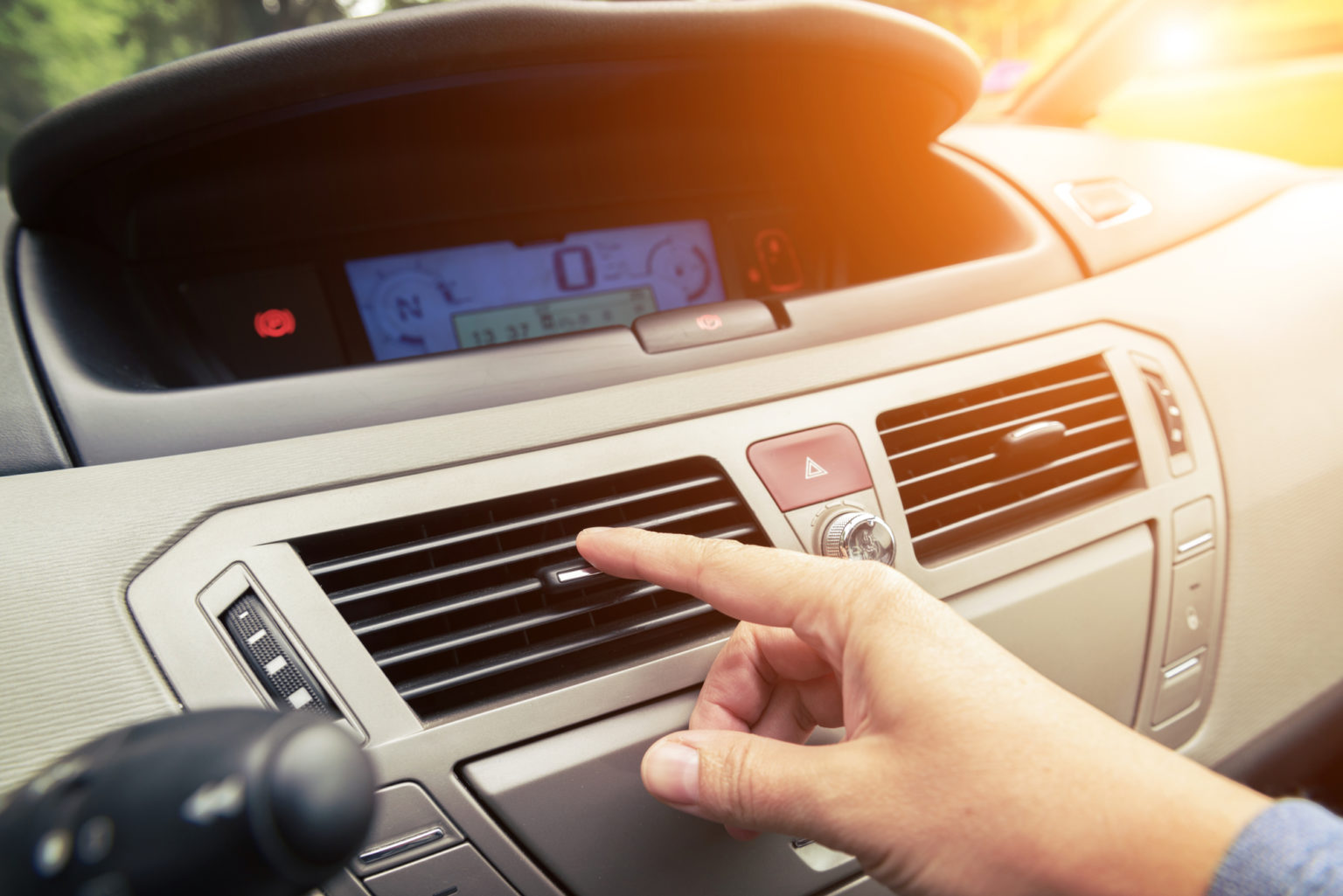
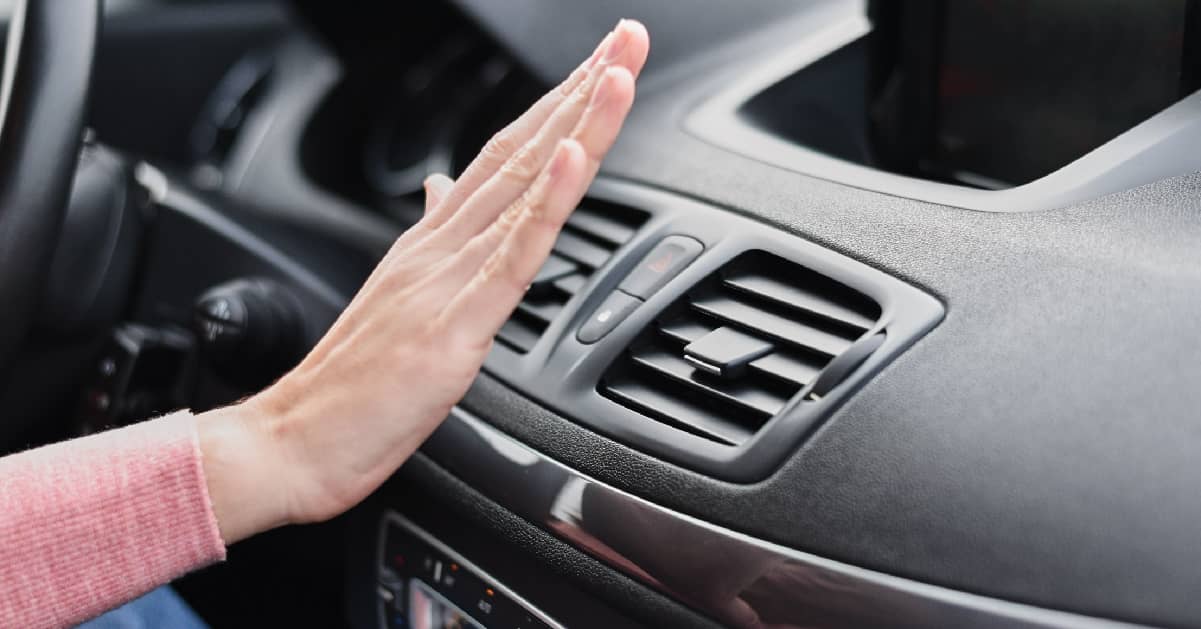
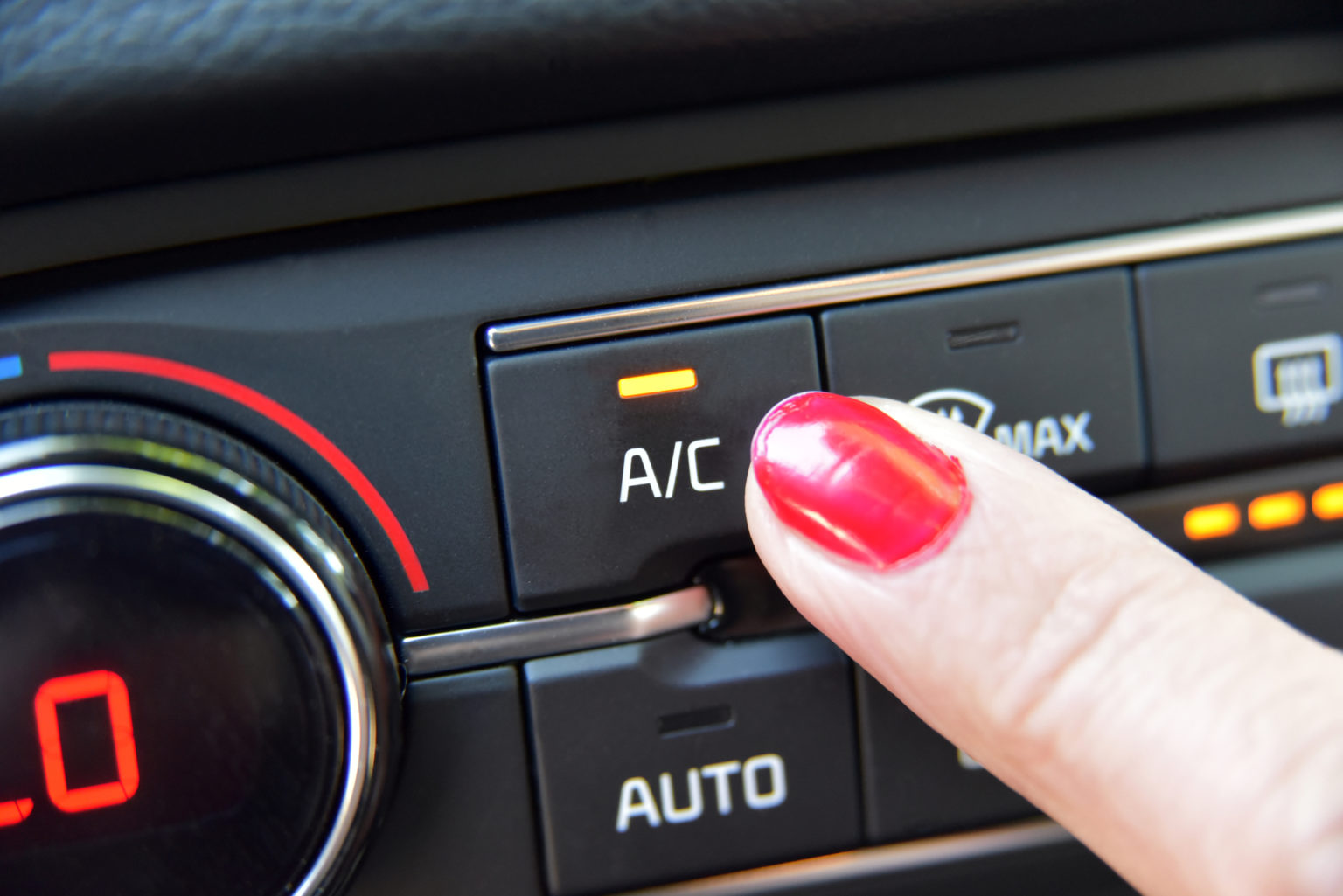
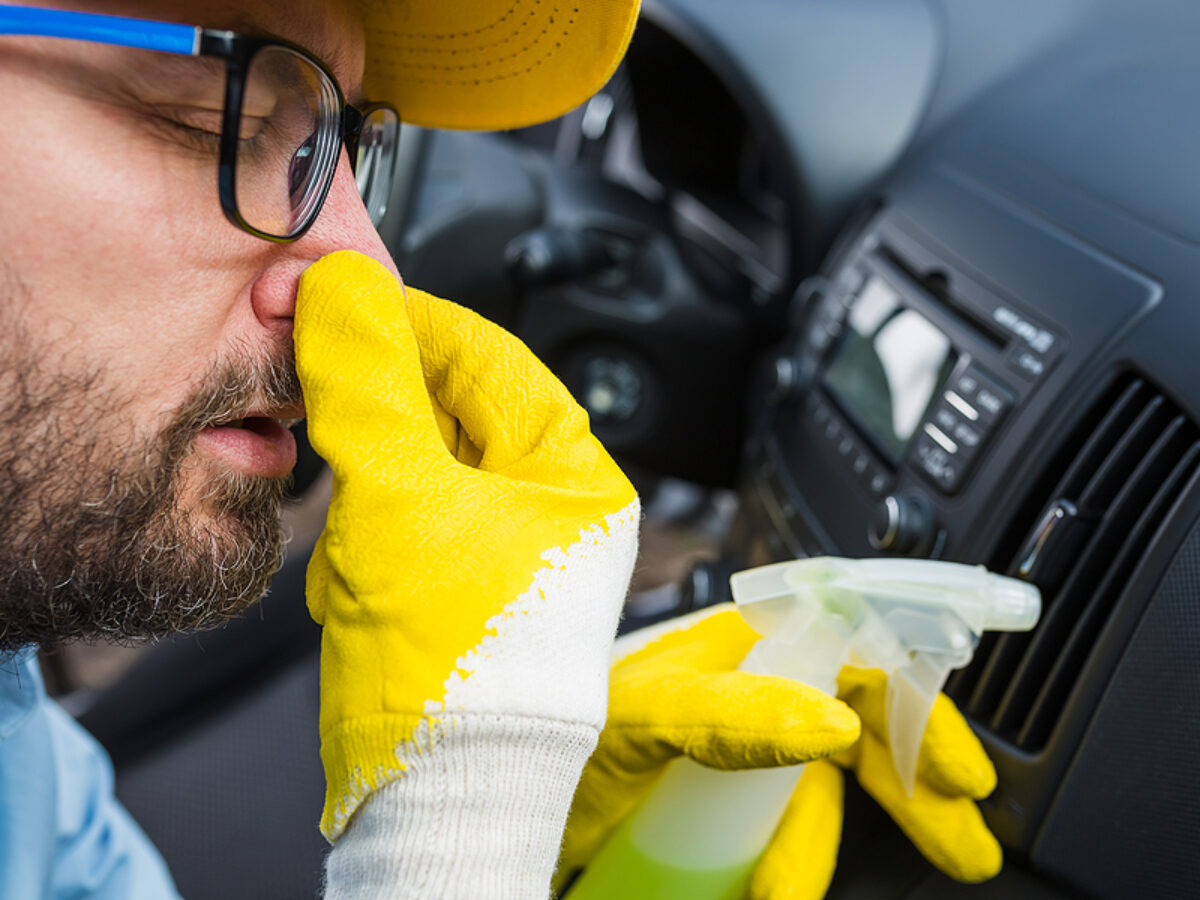
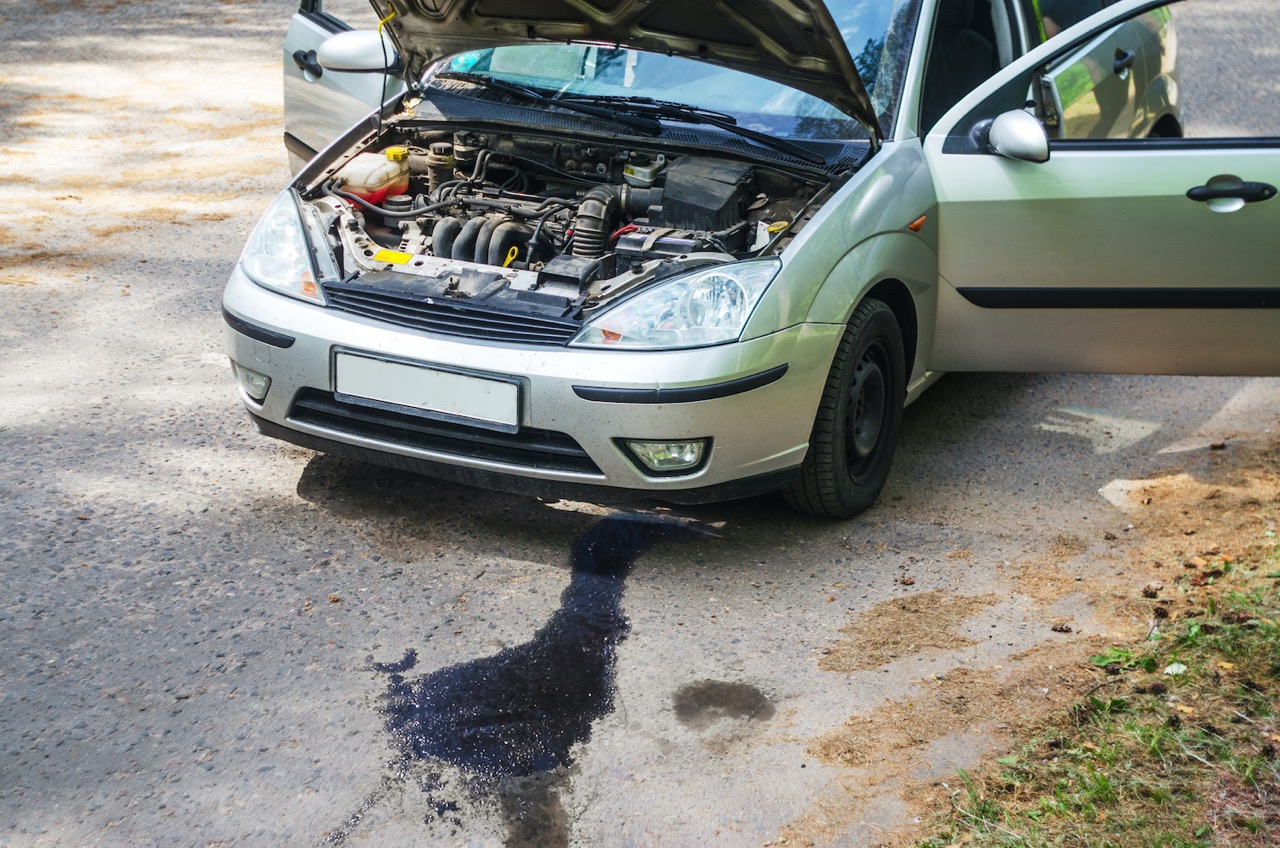



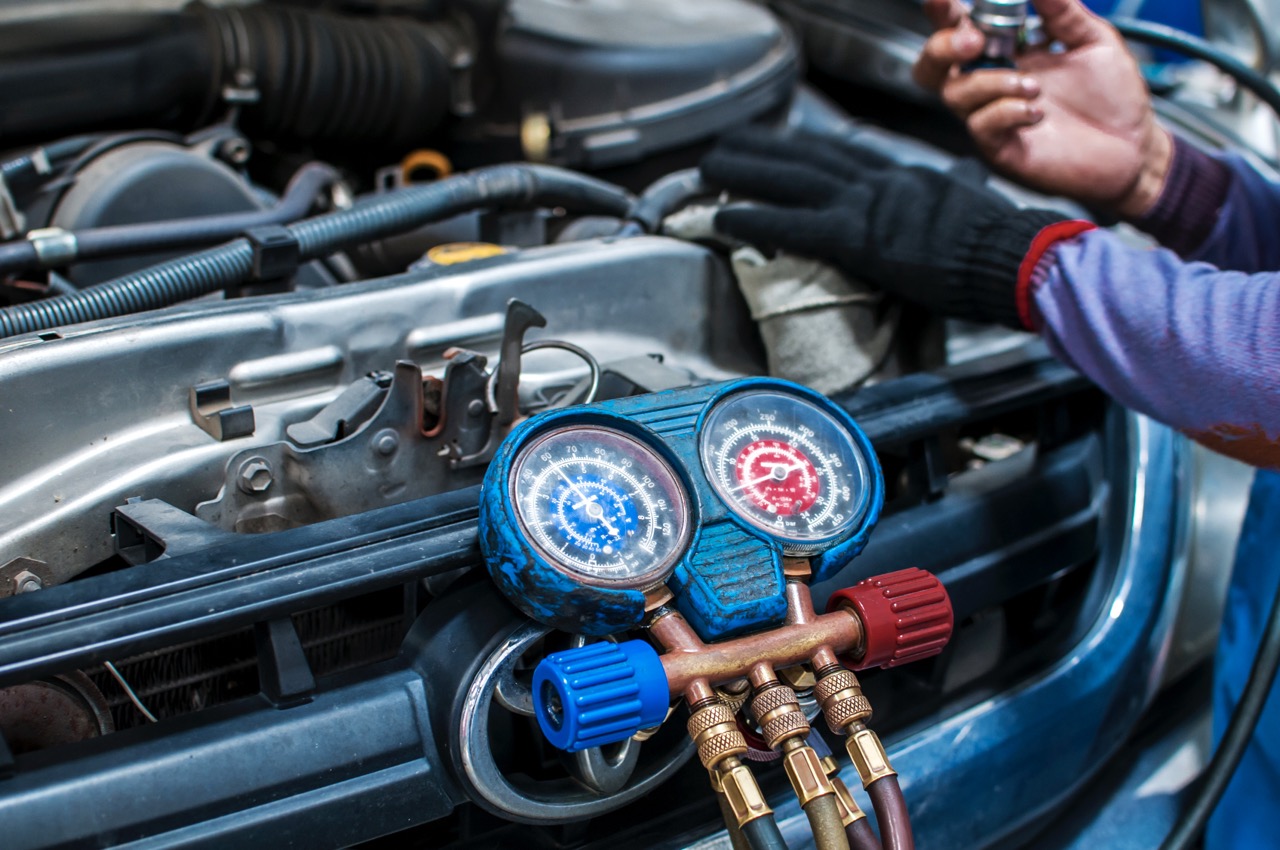
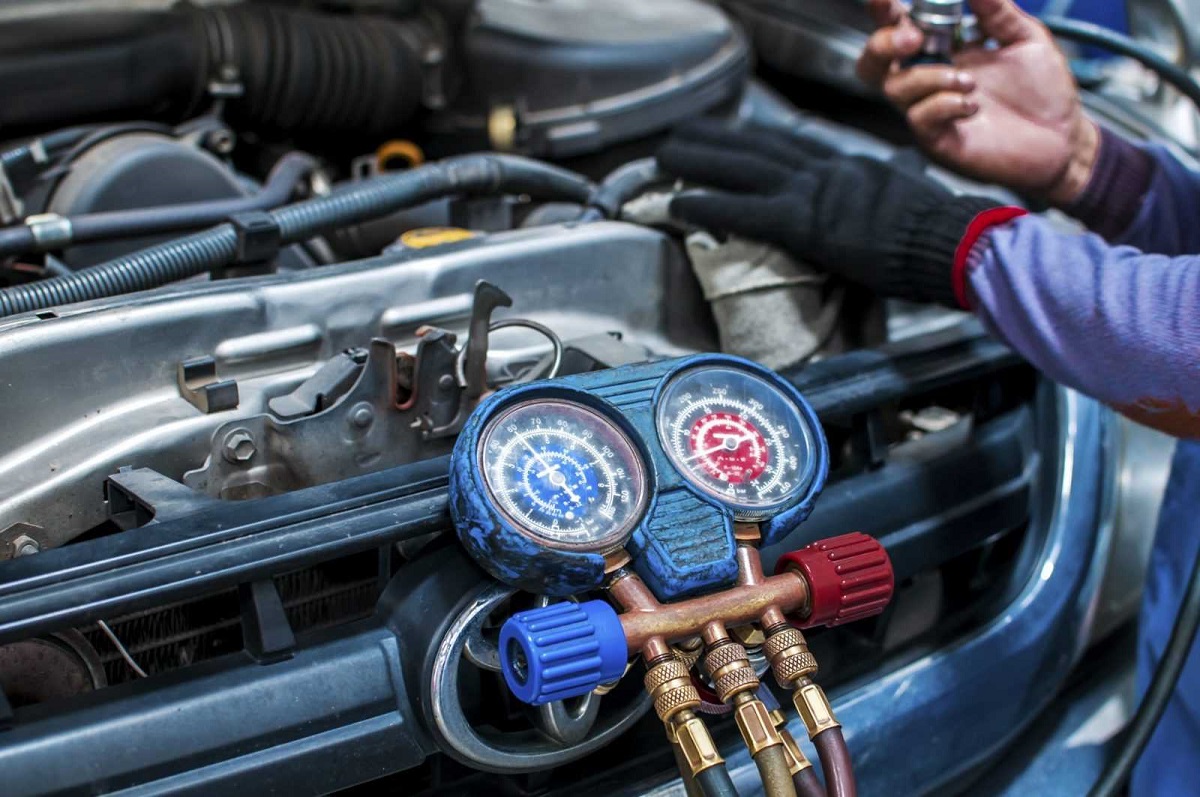
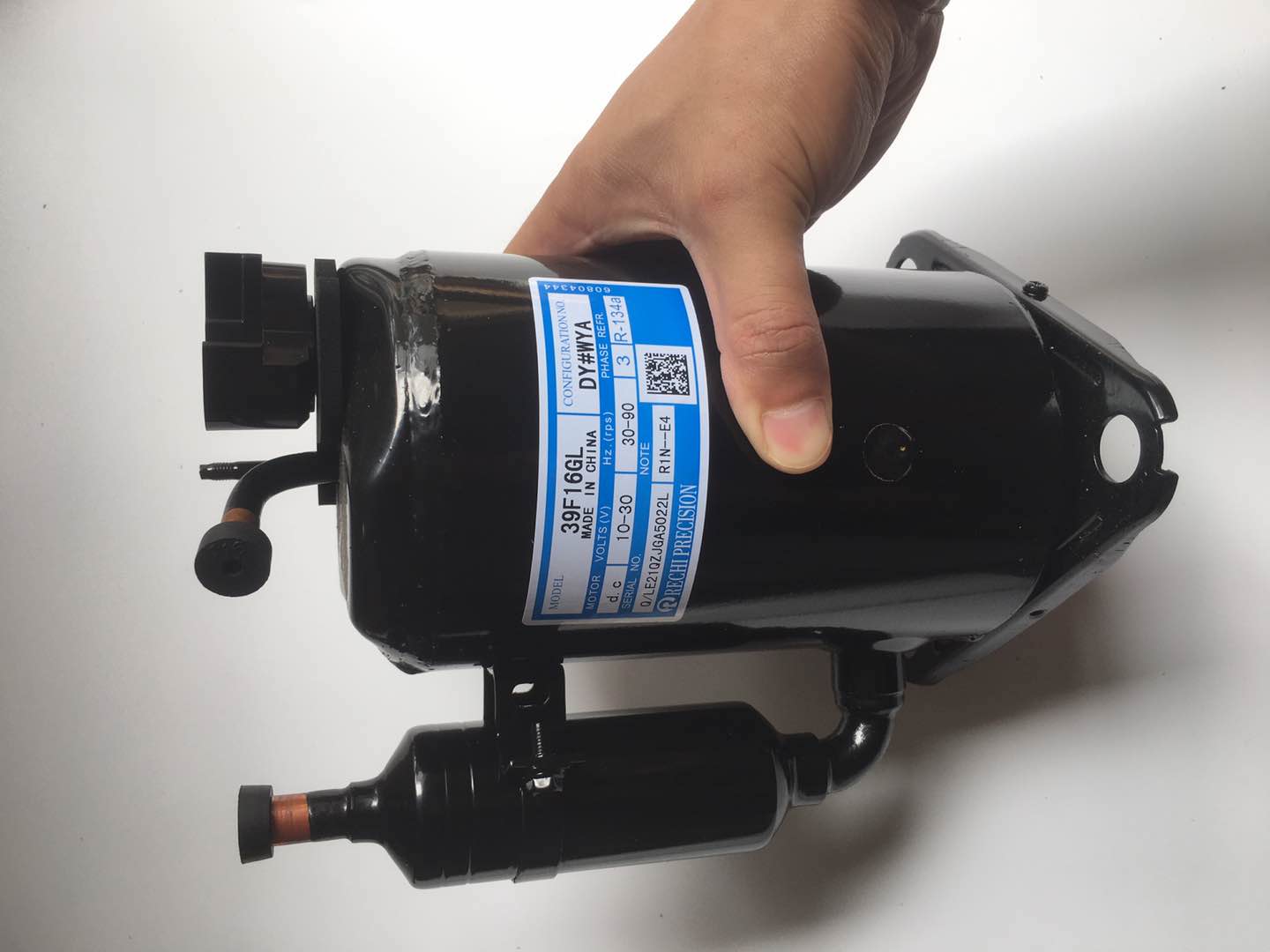
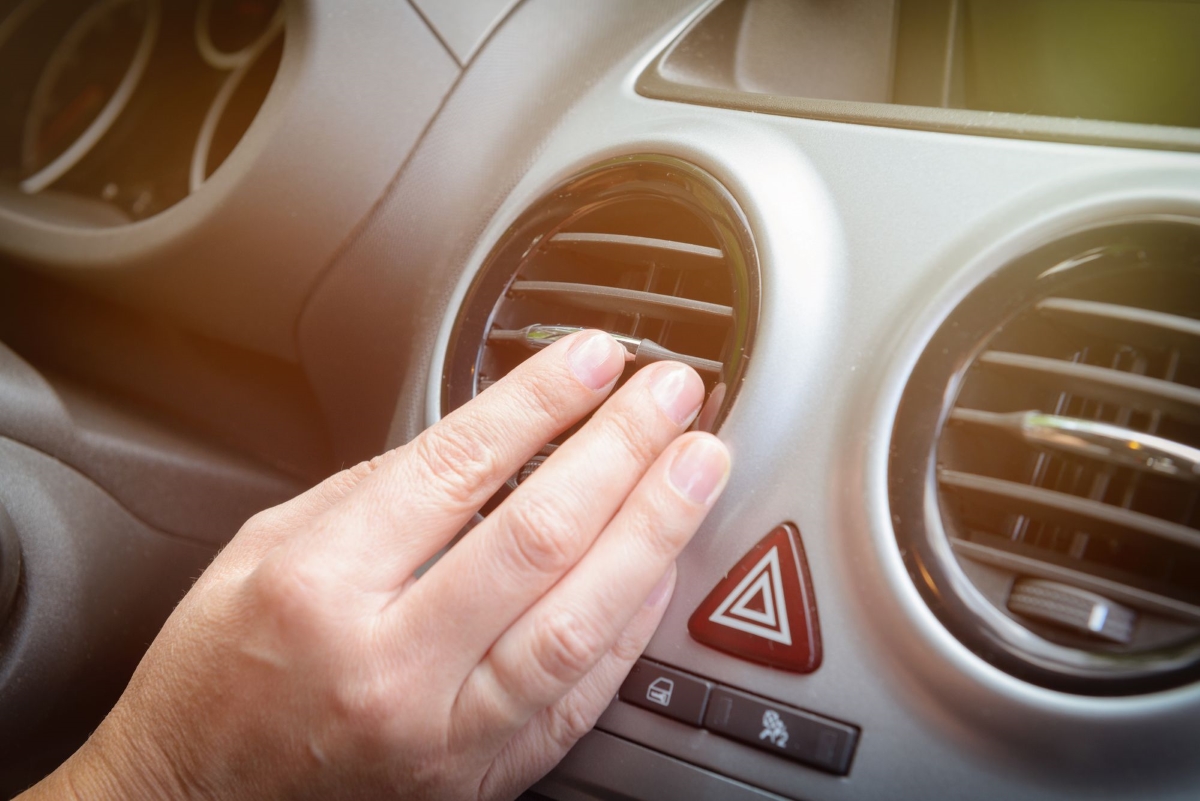
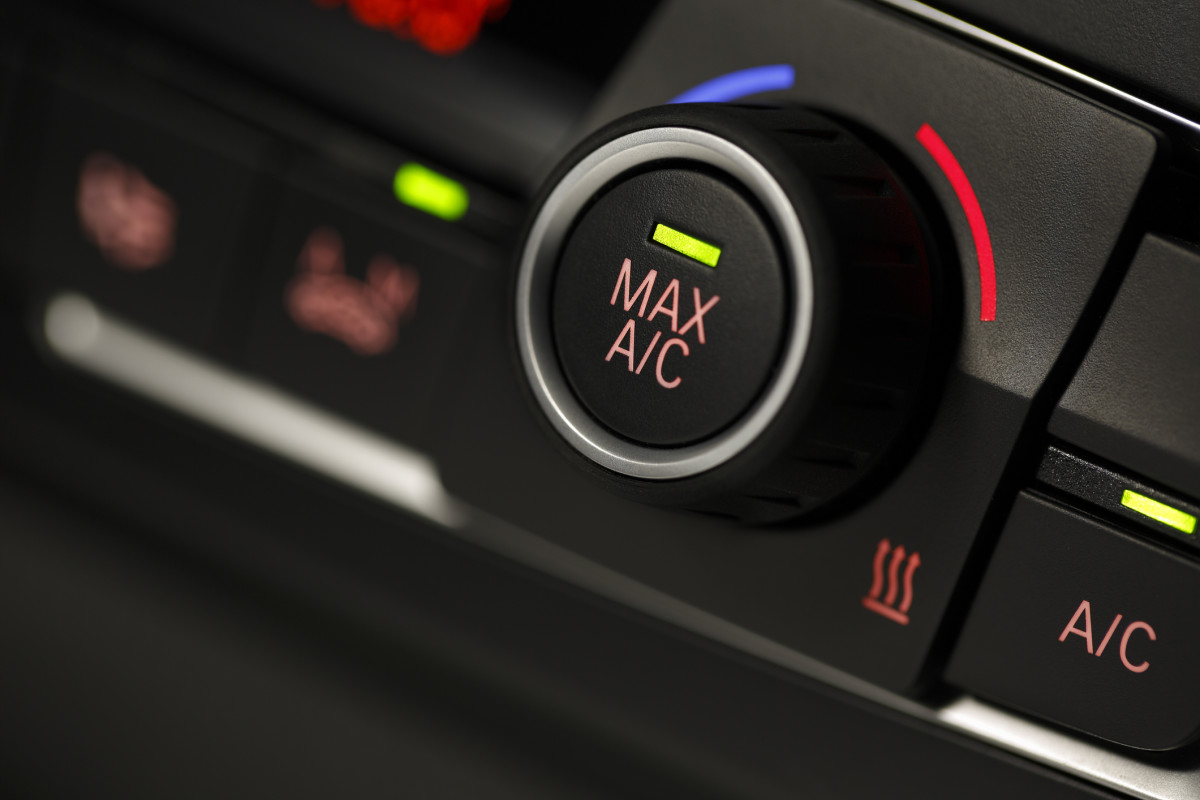

0 thoughts on “Car Overheats When AC Is On”